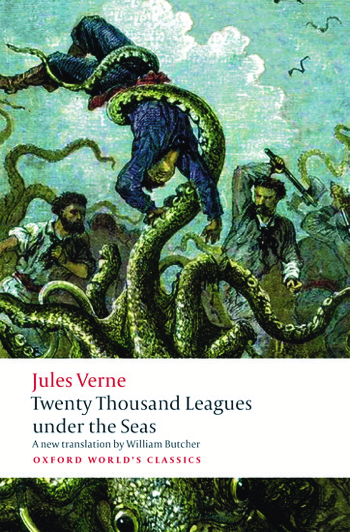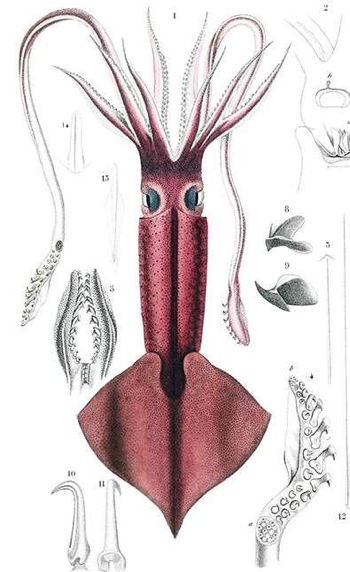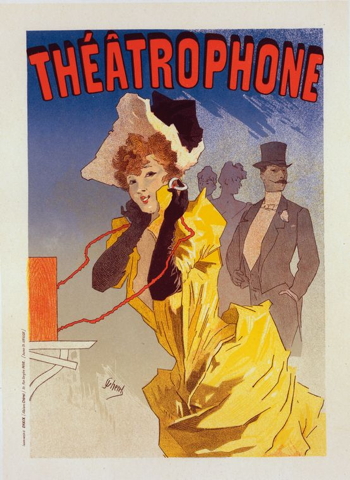Something to cheer us up on a bright and sunny day.
Observation Post
I am back at my post observing the traffic on Pittwater. Yes there is traffic in spite of the lock-down and $1,000 on the spot fines. I am taking note of the boats’ ID numbers to make a full report to the Police Commissioner at the end of the day. I will also note that they seem to be observing the 2 meter rule for personal distance. However, maybe the police need to get some boats as horses can’t swim very fast.

Jules Verne under Water
I was a fan of Jules Verne’s novels at school. I seem to remember reading The Mysterious Island at one point and being impressed. Was this a set text or did I discover it on my own? The details escape me. (I seem to be saying that more and more as time goes by.) This morning I came across this devastating review of an Oxford University Press edition of his Twenty Thousand Leagues Under the Seas by Matthew Walter who points out all the absurdities in the plot and the bad writing. “Kale-Flavored Smoke,” The Lamp

One of the things that attracted me to Verne’s novels was the fact that several of his characters were “anarchists” who roamed the world ignoring political authority. Here is a sample of Walter’s criticism:
In addition to all the things I have mentioned above Verne is guilty of numberless absurdities, some of them frankly painful. I have, for example, always wondered about the provenance of the mysterious “seaweed rich in nicotine” from which Captain Nemo makes his cigars. How is it possible for them to smoke onboard — he tells Aronnax, a confirmed addict, that he should feel free to do so as often as he likes — even though there is no mention of any kind of air filtration system and they often go days and even weeks without returning to the surface? Hell, even the Navy doesn’t allow submarine smoking anymore. Could it be that Verne, in the course of spinning his yarn, found himself thinking that a life aboard a ship that afforded its passengers so many pleasures — friendship, philosophic conversation, tasteful interior design, good food, a massive library and picture gallery, and almost daily opportunities for scientific discovery — would still be unbearable without tobacco, or something like it anyway, in virtually unlimited quantities? The mind reels, in a delightful upward spiraling direction, reeking of kale-flavored smoke.

His critique of the famous “squid scene” is hilarious:
This is bad, and for a lot of reasons. One is simply that even if the reader is willing to grant Aronnax and companions the remarkable faculty of instantaneously determining the precise lengths and weights and suction organ capacities of monsters that are about to eat them without so much as a rounding error, the fact of their being shared with us either in metric or imperial units tends to interfere with our ability to concentrate on such trivialities as as being horrified or thrilled and wondering how our heroes will possibly make it out alive. Lovecraft was in many ways an atrocious prose stylist, but it’s hard to imagine one of his narrators casually interrupting his and our sublime apprehension of ultimate evil to inform us that Cxaxukluth weighed eight hundred stone and ten. For all I know all that muck here about counting the suckers — did he use his fingers, I wonder? — is just there to distract us from questions even deadlier to Verne’s ostensible narrative ambitions, such as how Aronnax can even see the eyes of a creature that we have just been told is moving very rapidly backwards. Nor does it help matters much when, having gone into so much detail about mass and velocity and so on, he glosses the actual death of an unnamed crew member with: “A strong smell of musk filled the atmosphere. It was horrible.” It certainly is.
The essay appears in a new online Catholic magazine called “The Lamp” whose goal is to promote a “consistent, undiluted Catholic orthodoxy.” What I hear you ask is David doing reading such a thing? His answer, it is a Sunday and somebody has to do it.
Putting the VAN into Beethoven
The classical music magazine VAN (the “VAN” comes from Ludwig van …) has an article on how the crisis will tectonically (or should that be “teutonically”) change classical music, for the better possibly here. You like me are probably listening to music at home though probably not quite like this grande dame, although who knows what you do in the privacy of your own home?

Keeping the lamp burning.
